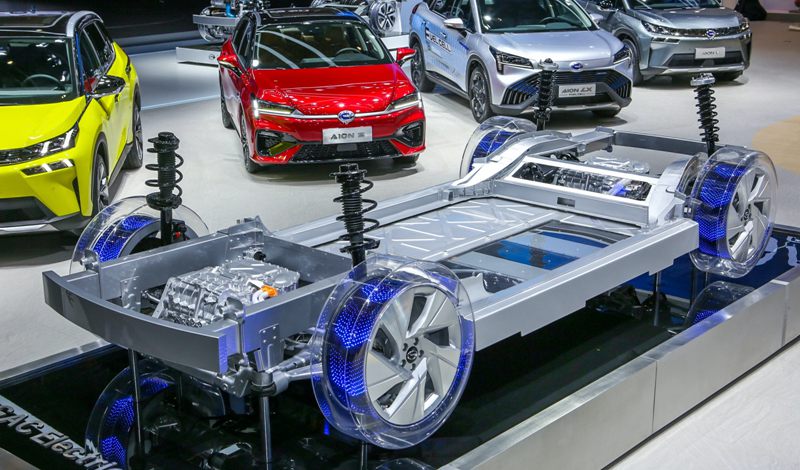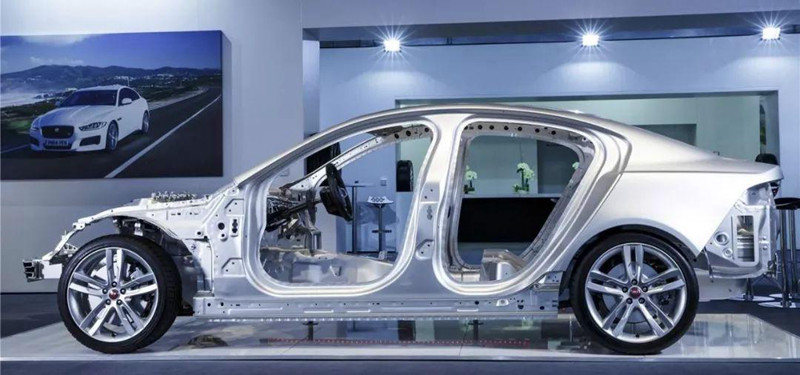Electric cars are quickly becoming the future of the automotive industry, and aluminum is a vital component of this evolution. As car manufacturers continue to look for ways to make electric vehicles more efficient, lighter and more affordable, aluminum is emerging as a go-to material for a variety of applications.

One key area where aluminum is making an impact in electric cars is in the construction of the car body. Aluminum has the strength to withstand high impacts while remaining lightweight, which makes it ideal for use in the structural components of electric vehicles. This not only helps to improve the overall performance of the car but also extends the battery life, which is a critical factor in the success of electric cars.
In addition to the structural benefits of aluminum, it is also being used in the production of batteries for electric cars. Aluminum offers an ideal combination of properties that make it an excellent material for the conductive casing of the battery cells. This casing provides the necessary protection for the cells while also conducting heat away from them, helping to keep the battery cool and prolong its lifespan.
Aluminum is also making its mark in the interior of electric cars. Its sleek, modern appearance and lightweight nature make it ideal for use in the car’s dashboard and other interior components. Aluminum also provides superior sound absorption, which is especially important in electric cars where the absence of engine noise can make other sounds more noticeable.

As the demand for electric cars continues to grow, the use of aluminum in the automotive industry is set to increase. The unique properties of aluminum make it an ideal material for electric cars, offering a lightweight, durable and cost-effective solution for a variety of applications. As the road ahead for electric cars unfolds, aluminum will undoubtedly play a key role in the industry’s continued growth and success.
